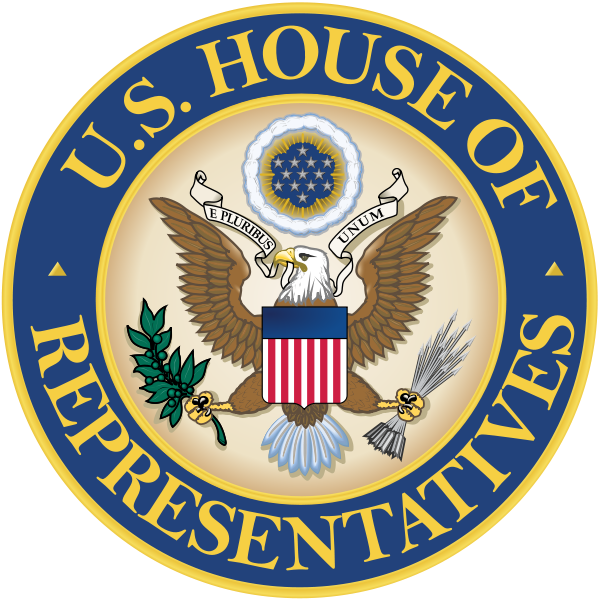House Unanimously Passes Rental Assistance Reform Bill

Yesterday, in a rare unanimous vote, the U.S. House of Representatives passed H.R. 3700, the Housing Opportunity Through Modernization Act (HOTMA), which would make various reforms to rental housing assistance programs, including streamlining Housing Choice Voucher program inspections, simplifying the requirements for project basing vouchers, and providing public housing agencies (PHAs) greater flexibility to transfer funding between their operating and capital funds. It would also limit assistance for public housing tenants who have incomes greater than 120 percent of area median income for two consecutive years. Additionally, HOTMA would make several adjustments to federal single-family housing programs, including provisions designed to make it easier for condominium mortgages to be insured by the Federal Housing Administration and directing the U.S. Department of Agriculture (USDA) to adopt procedures that would allow certain lenders to directly endorse loans through the Section 502 Guaranteed Rural Housing Loans program. The Congressional Budget Office estimated that HOTMA would save the government $311 million over five years.
In a letter sent to House members earlier this week, NCSHA joined over 20 national organizations urging passage of H.R. 3700. The letter explains that “(t)he U.S. Department of Housing and Urban Development’s rental assistance programs face difficult budget pressures, and this reform legislation would help state and local agencies stretch limited funds and minimize the risk of harsh cuts in assistance to needy families. These reforms ease administrative burdens for housing agencies and owners, while delivering fairer and more efficient assistance to low-income families.”
The House approved the following 12 amendments to the bill during floor consideration, most of which faced no opposition:
- An amendment by House Financial Services Committee Ranking Member Maxine Waters (D-CA) that would maintain language currently in statute that allows families receiving certain federal housing assistance to deduct all reasonable childcare expenses when calculating adjusted income. As passed out of the Committee, the bill would have changed current law to provide stricter limits on the deduction for childcare assistance, and for this reason Waters voted against the bill during the Committee mark-up.
- An amendment by Representative Peter Welch (D-VT) to include property taxes, insurance payments, utilities and financing paid on mobile homes in the housing costs eligible for the Section 8 voucher program.
- An amendment by Representative Ruben Hinojosa (D-TX) allowing USDA to assess lender fees of up to $50 per loan under the Section 502 single family guaranteed home loan program in order to fund needed technological improvements and investments into the guaranteed underwriting system.
- An amendment by Representative Michelle Lujan Grisham’s (D-NM) improving collaboration between HUD’s special assistant for veterans affairs and the U.S. Department of Veterans Affairs.
- An amendment by Representative Scott Peters (D-CA) amendment directing HUD to reopen for public comment the “Homeless Emergency Assistance and Rapid Transition to Housing: Continuum of Care Program” interim rule published July 2012 to allow stakeholders the opportunity to provide input on how HUD’s resources can be most equitably used to end homelessness.
- An amendment by Delegate Madeleine Bordallo (D-GU) to prioritize U.S. citizens and nationals when receiving federal housing assistance in Guam.
- An amendment by Representative Terri Sewell (D-AL) requiring HUD to conduct a study to determine the impacts of the decreased deductions on rents paid by elderly and disabled individuals and families assisted under Section 8.
- An amendment by Representative Grace Meng (D-NY) requiring HUD to publish model guidelines for minimum heating requirements for units operated by public housing agencies (PHAs) receiving federal assistance.
- An amendment by Representative Sheila Jackson Lee (D-TX) directing HUD to work with the Labor Department to produce an annual report on interagency strategies to strengthen family economic empowerment.
- An amendment by Representatives Dave Price (D-NC) and Robert Aderholt (R-AL) to modify the Housing Opportunities for Persons with AIDS (HOPWA) allocation formula to reflect current cases of HIV/AIDS instead of cumulative cases.
- An amendment by Representative Steven Palazzo (R-Miss) making permanent the currently temporary exception to the requirement that PHA boards include at least one member who is directly assisted by the PHA as long as that PHA establishes an advisory board of not less than six residents of public housing to provide advice and comment on issues.
- An amendment by Representative Vern Buchanan (R-FL) requiring HUD to establish the means for PHAs to use existing databases to verify the income and assets of individuals receiving public housing benefits. Waters expressed concern that the Buchanan amendment had not been properly researched and its implications were not fully understood; however, the Buchanan amendment passed by voice vote.
Of these amendments, the only one to face significant opposition was the Palazzo amendment, which passed on party lines after Waters noted that one of the PHAs currently exempted from the board requirement has been out of compliance because they have not established an advisory board.
The House rejected amendments by Representative Keith Ellison (D-MN) and Representative Al Green (D-TX), which both dealt with inadequate credit ratings among HUD-assisted tenants.
Currently, there is no Senate companion legislation for HOTMA, and further action is uncertain.

